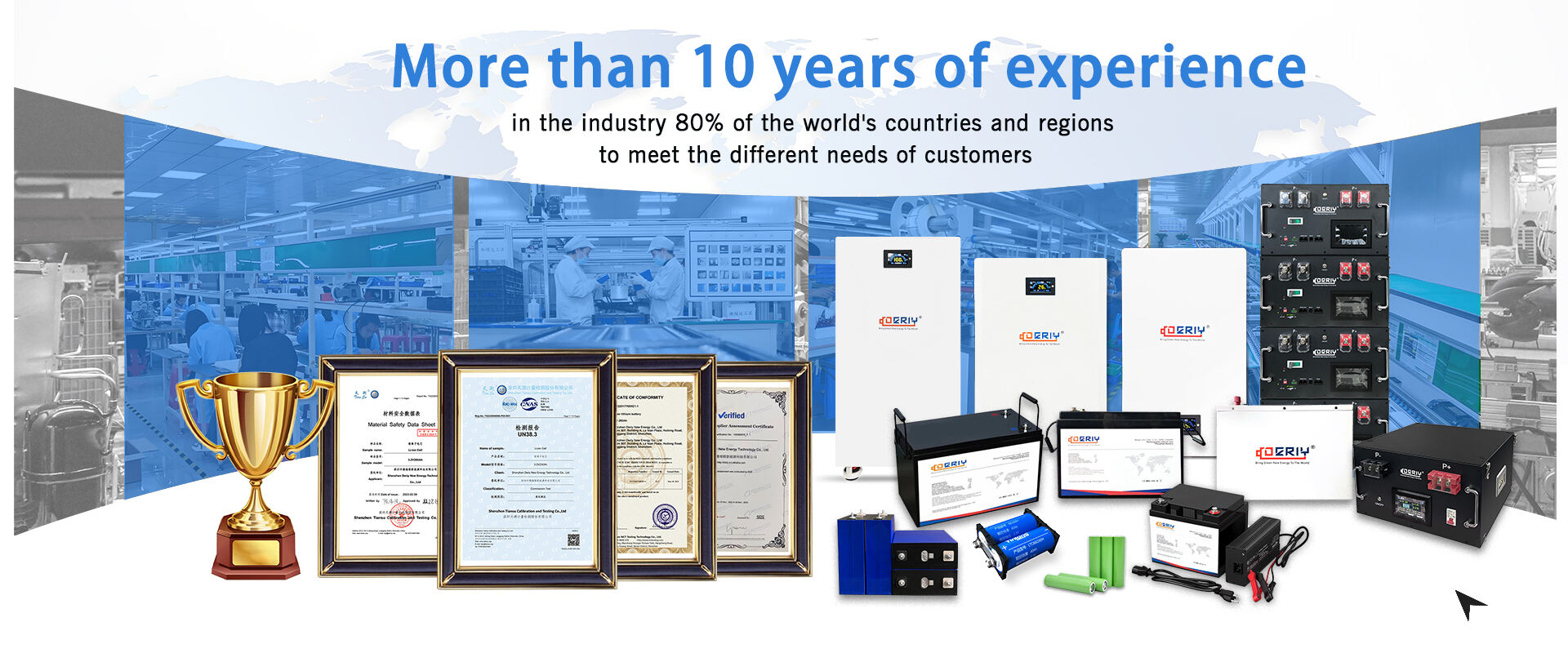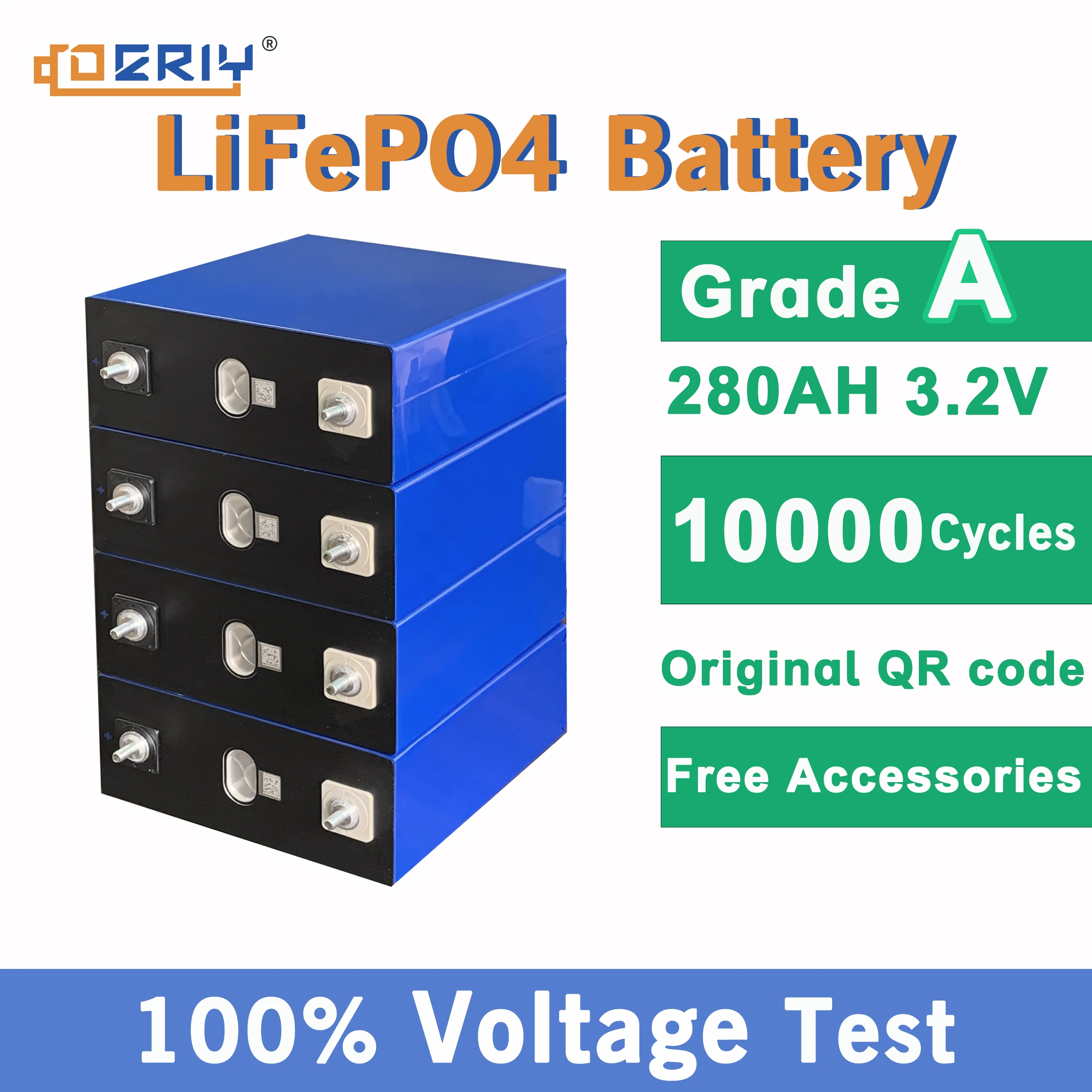Renewable Energy Conversion
Solar batteries play a crucial role in converting solar energy into electrical energy for storage. They work in tandem with solar panels to capture the sun's energy during the day and store it for later use. This conversion of renewable solar energy helps reduce reliance on fossil fuels, contributing to a more sustainable and clean energy ecosystem.

